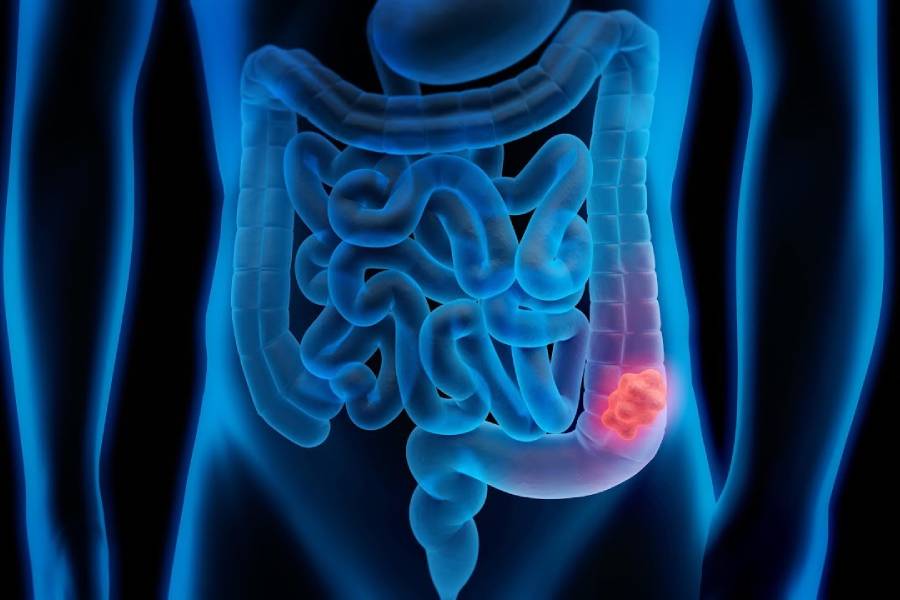views

Overview of gastrointestinal cancer:
Gastrointestinal (GI) cancer includes all cancers in your digestive tract organs such as the stomach, large and small intestine, pancreas, colon, liver, rectum, anus, and biliary system. If you are experiencing abnormal GI symptoms or you want to learn more about the disease, Dr. Lalit Banswal is here to help. Precision Plus Super Speciality will support you throughout all stages of gastrointestinal cancer. Call us to more about our services.
Symptoms:
In the early stages of GI cancer, you may have no symptoms. It is also nearly impossible to feel GI tumors as they develop. As a result, GI cancers are often identified in screenings before any symptoms are experienced. Or they are diagnosed after they have advanced to the point of causing symptoms at a more serious stage.

When GI cancer is extensive enough to cause symptoms, they may include:
- Abdominal cramping or pain
- Bloody or very dark stool
- Changes in bowel habits, such as diarrhea, constipation, or changes in consistency or narrowing of the stool
- Difficulty swallowing
- Digestive problems
- Jaundice (yellowing of the eyes and skin)
- Nausea and vomiting
- Swelling in the abdomen
- Tiredness, weakness, weight loss, or loss of appetite
- Causes
GI tract cancers begin when the cells lining one or more of the organs in the digestive tract mutate and begin to grow, producing tumors and sometimes spreading to the lymph nodes and other organs. Health experts do not yet fully understand the cause of GI cancer. Still, cell damage increases the chance that abnormalities will appear, and that can come from infections, obesity, smoking, and some environmental risk factors.
Types:
Gastrointestinal (GI) cancer affects the organs of your digestive tract. GI cancers include:
- Anal cancer, colon cancer, and rectal cancer
- Esophageal cancer
- Gallbladder cancer
- Liver cancer
- Pancreatic cancer
- Small intestine cancer
- Stomach cancer (gastric cancer)
Risk factors:
GI cancer risk factors vary for each type. However, lifestyle factors may play a role in many of them. These include obesity, not exercising, smoking, poor diet, and heavy alcohol use. Family history may also make you more likely to develop the disease. Other risk factors include:
- Hepatitis A or B infection (liver cancer)
- H. Pylori infection (stomach cancer)
- Smoking
- Gastritis
- Alcohol consumption
- Being overweight or obese
- Having a previous diagnosis of GI cancer or another cancer
- Previous surgery on one or more organs of the digestive system
- Family history of GI cancer
- Previous polyps growing in colon or stomach
Prevention:
Early detection is the most important way to prevent serious GI cancer. Gastrointestinal cancer screening tests can diagnose colon and rectal cancer in early, highly treatable stages. These tests often catch cancer before symptoms develop. Colonoscopy is a common cancer screening tool, but there are others. Talk with Dr. Lalit Banswal about options and if/when you should start screening. Because some gastrointestinal cancer risk factors involve your overall health and wellness, prevention for GI cancers starts with a healthy lifestyle. You can help reduce your risk of GI cancer with a balanced diet, regular physical activity, not smoking, and limiting how much alcohol you drink.












